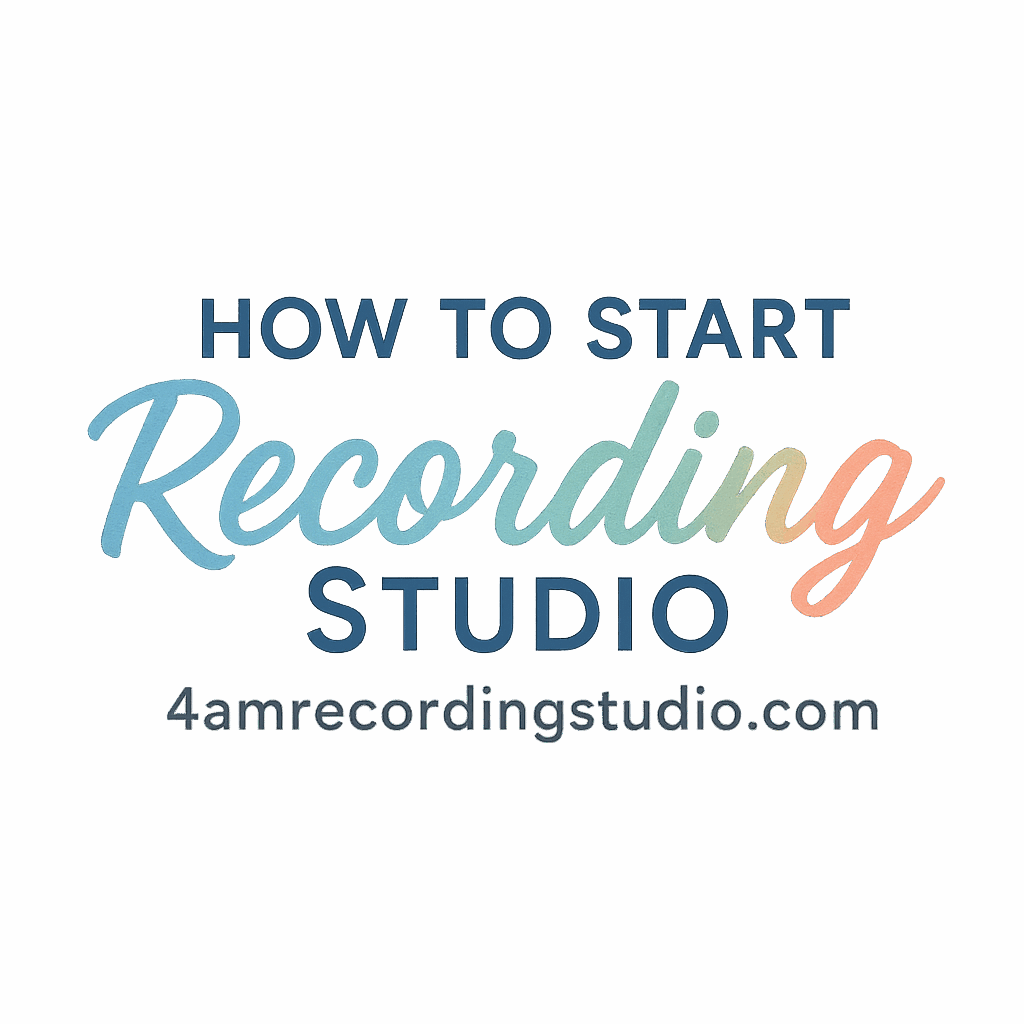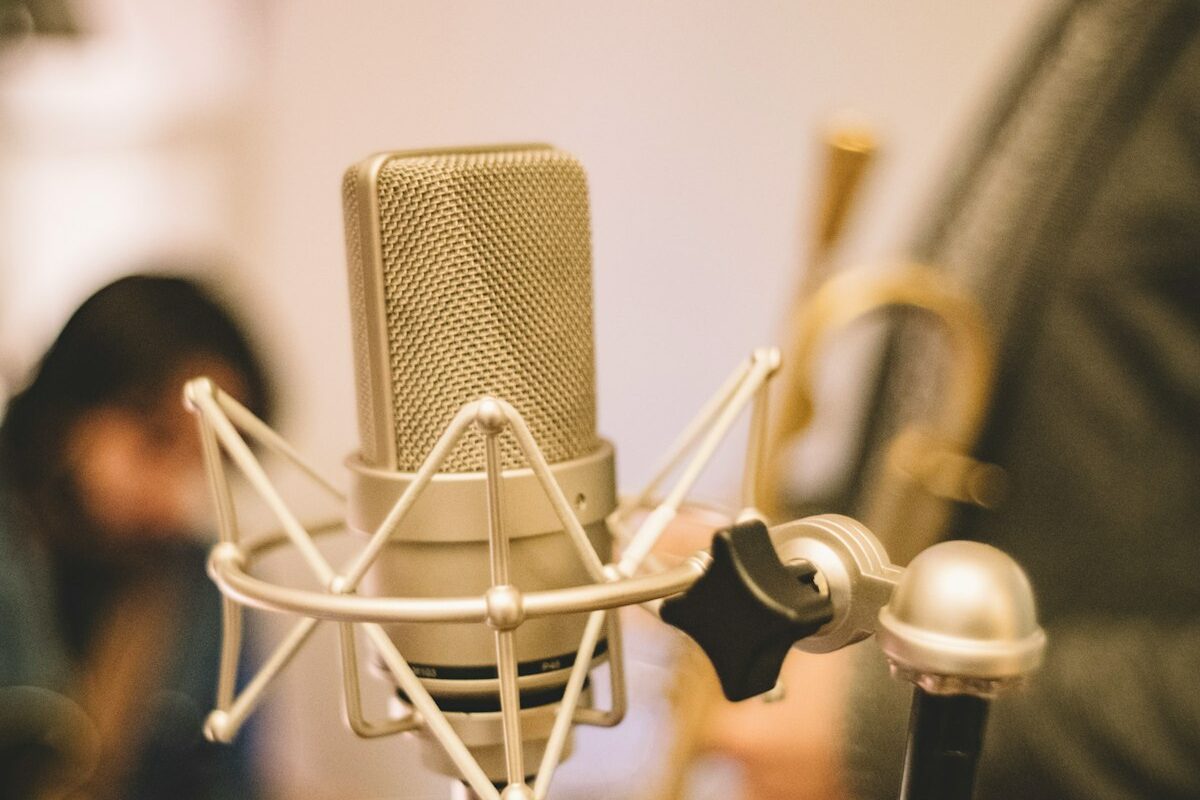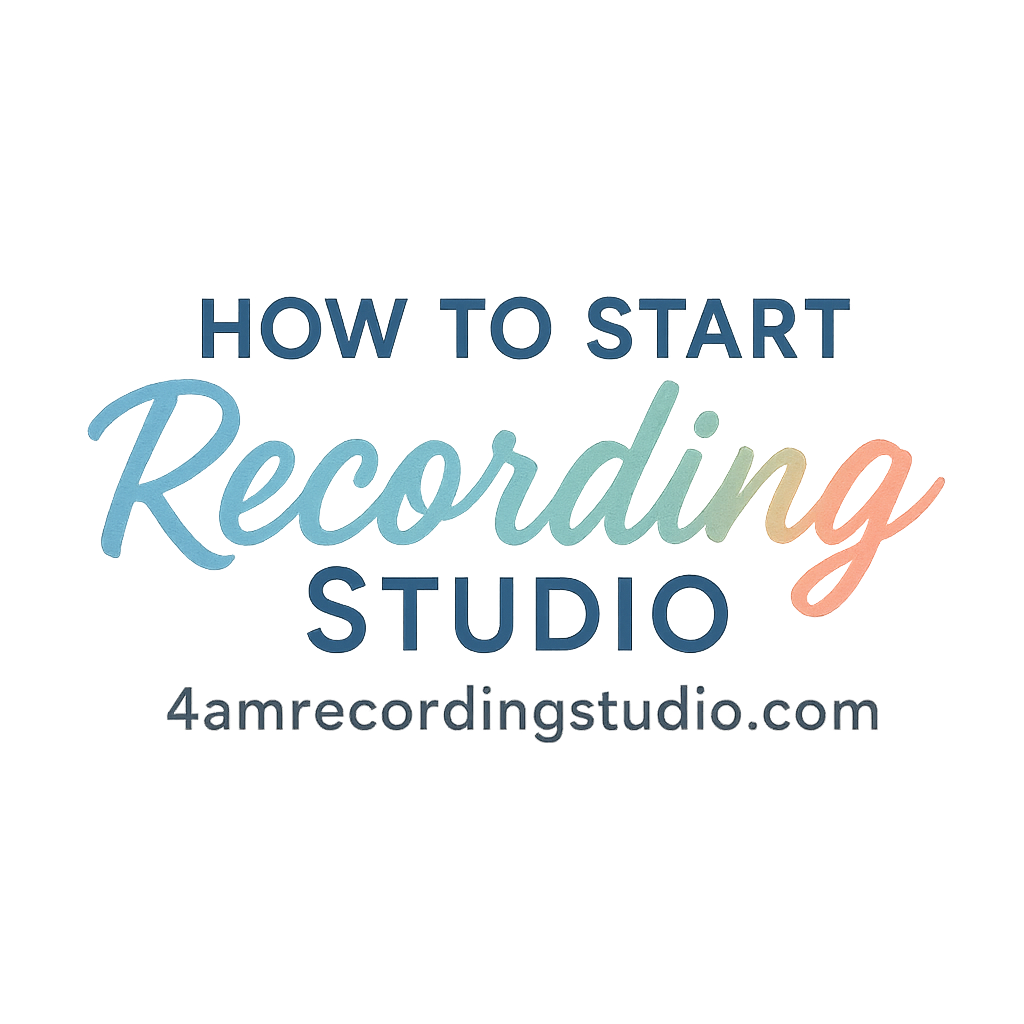Starting a recording studio is more than just buying cool gear and booking clients. If you want to build a profitable, sustainable, and scalable studio, you absolutely need a rock-solid recording studio business plan.
Whether you’re just starting out or looking to grow your existing studio, here are 10 essential elements that must be in your business plan to make it work—and make it work well.
Let’s dive in!
1. Executive Summary
Why an Executive Summary Matters
This is the elevator pitch of your business plan. It’s a snapshot of your entire studio business in just a few paragraphs. Investors and partners will read this section first, so make it sharp, focused, and enticing.
Include your studio name, location, mission statement, and a quick overview of your services. Don’t forget to mention your goals—like how you plan to become the go-to spot for indie artists or podcast producers.
2. Company Description
Define Your Recording Studio Vision
Here’s where you zoom in on the “why” behind your business. Are you building a hip boutique studio downtown or a budget-friendly recording spot for local musicians? Maybe a mobile setup?
Be specific about your niche, style, and purpose. This section helps readers understand the soul of your studio.
Also, consider aligning your vision with some solid planning advice over on Recording Studio Business Planning.
3. Market Research & Industry Analysis
Know Your Audience
Every successful recording studio business plan includes detailed market research. Who are your ideal clients? Are they rappers, rock bands, voiceover artists, podcasters?
Study your local scene. Are there other studios nearby? How can you stand out?
Local vs. Online Reach
In today’s world, don’t just focus on who’s around the block. Many artists send files online to get their tracks mixed or mastered remotely. This opens the door for global clientele—and bigger opportunities.
Use insights from Recording Studio Marketing & Branding to dive deeper into your market.

4. Services and Studio Offerings
What Will You Provide?
Break down all the services your studio will offer. These could include:
- Tracking (recording)
- Mixing and mastering
- Voiceover recording
- Podcast production
- Music production and beat making
- Sound design for film/games
Standard vs. Premium Services
Will you offer budget sessions and premium packages? Maybe a membership plan for frequent clients? Having multiple tiers can maximize income and serve different client types.
For more ideas, check out Recording Studio Equipment & Tools to align your gear with your service model.
5. Marketing and Branding Strategy
Building Your Brand in a Crowded Market
Your business plan needs a real game plan for attracting clients. Define your brand’s voice and image. Will it be slick and professional or underground and raw?
SEO, Social Media, and Networking
These three will be your best friends. Learn to target music business keywords, leverage your local scene, and create a killer content strategy.
Also, think newsletters (like these), email outreach, and in-person networking for that human touch.
6. Operational Plan
How Will Your Studio Run Day-to-Day?
This section outlines the nuts and bolts of your studio operation:
- Who’s on your team?
- What are the daily responsibilities?
- Will you work by appointment or take walk-ins?
Staff, Schedules, and Tools
Even if it’s just you, explain how you’ll manage clients, time, and gear. Tools like scheduling software, DAWs, MIDI controllers, and backup systems are crucial.
Internal link alert: Plan your day right with help from the studio management and growth section.
7. Recording Studio Setup and Equipment
Gear That Makes the Magic Happen
This is the fun part! Detail every major piece of equipment:
- Audio interface
- Microphones
- Monitors
- Cables
- Acoustic treatment
Software, Hardware, and Layout
List your DAW, plugins, and hardware gear. Also describe your studio layout—control room, booth, lounge, etc.
New to this? Here’s a great beginner-friendly resource: Recording Studio Setup Basics.
Also explore tags like #setup, #midi, and #music-gear.
8. Financial Projections
Budget, Break-Even, and Profit Forecasts
This part shows you’re serious. Break down:
- Startup costs
- Monthly expenses
- Revenue streams
- Break-even analysis
- 12–36 month profit forecast
Use realistic numbers. Include assumptions—like how many sessions per week you expect and your average rates.
9. Funding Request (If Needed)
How Much Capital Will You Need?
If you’re looking for a loan or investor, this section is key. Specify:
- Total funding required
- How you’ll use it (equipment, marketing, rent, etc.)
- Repayment plan (if applicable)
Don’t ask for money without a plan to make it back—and then some.
10. Growth and Management Strategy
Planning for Long-Term Success
How will you grow? Will you:
- Hire more engineers?
- Add a second location?
- Offer remote mixing services?
This is where you think big, but smart.
Scaling Smart and Staying Organized
Plan your timeline. Set KPIs. Schedule regular reviews. Use tags like #growth, #management, and #organize to stay on top of it all.
Conclusion
So there you have it—10 things every recording studio business plan needs to succeed. Building a studio isn’t just about mics and plugins; it’s about vision, clarity, and structure.
Make your plan solid, flexible, and strategic. Whether you’re just figuring out how to start or planning to scale, a great plan is your blueprint to success.
Need more help? Visit 4AMRecordingStudio.com for detailed guides, gear reviews, business tips, and more.
FAQs
1. What’s the first step in writing a recording studio business plan?
Start with a clear executive summary. It sets the tone and purpose for your entire plan.
2. How do I know what services to offer in my studio?
Study your target audience and see what’s in demand. Consider polling local musicians or checking competitors’ offerings.
3. Is it possible to start a studio on a tight budget?
Yes! Begin with essential gear and expand as you grow. Consider used gear and free plugins.
4. Should I include pricing in my business plan?
Absolutely. Outline your pricing tiers to show revenue potential and market fit.
5. How important is branding for a studio?
Very. A strong brand builds trust, recognition, and loyalty—especially in the creative space.
6. What should be included in the financial forecast?
Start-up costs, monthly expenses, projected revenue, break-even point, and growth assumptions.
7. Where can I find more resources for setting up my studio?
Check out Recording Studio Setup Basics and other helpful content at 4AM Recording Studio.


